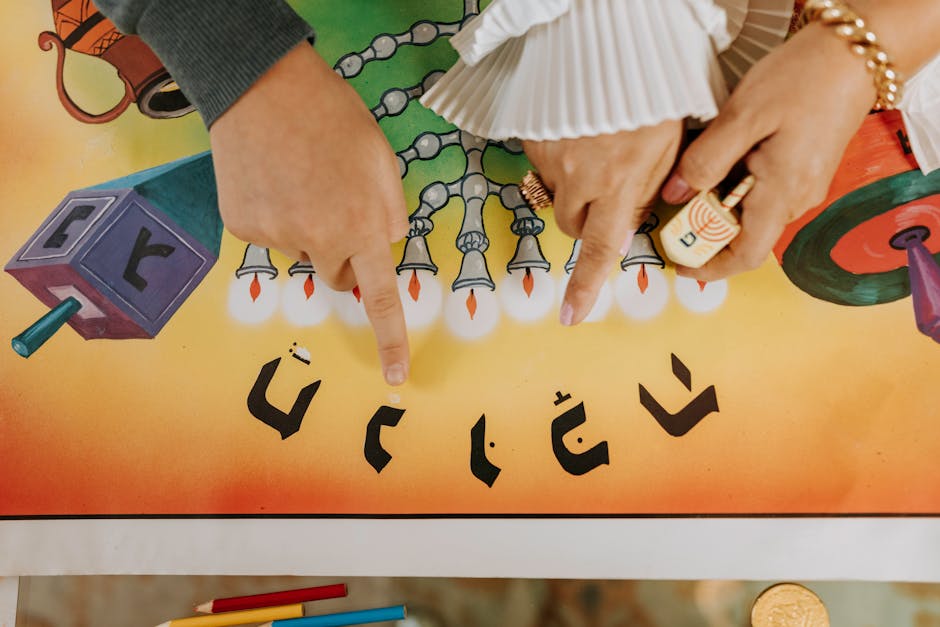The human experience is profoundly enriched by engagement with artistic expression. From the intricate brushstrokes of a painting to the rhythmic pulse of a symphony, art provides a unique pathway for personal growth, fostering self-discovery, emotional intelligence, and a deeper understanding of the world. This article explores the multifaceted role art plays in nurturing individual development.
Artistic exploration offers a powerful avenue for self-reflection and understanding. A piece of music, a sculpture, or a novel can act as a mirror, reflecting aspects of our own experiences, emotions, and perspectives. By engaging with these creative works, we can confront our internal struggles, recognize hidden patterns, and gain valuable insights into our motivations and values. For example, a visually striking painting might trigger feelings of awe or confusion, prompting us to delve into our own responses to beauty and complexity. This introspective journey, facilitated by art, is a cornerstone of personal growth.
Emotional intelligence, the ability to understand and manage our own emotions and those of others, is significantly enhanced through artistic interaction. Art acts as a catalyst for empathy, allowing us to connect with a wider range of human experiences. Witnessing the poignant portrayal of grief in a poem, for instance, can awaken our understanding of this universal emotion, fostering empathy for those facing similar trials. Similarly, the exuberance of a joyful dance piece can awaken feelings of joy and excitement, broadening our capacity for positive emotions. Through these experiences, we develop the crucial skill of recognizing and responding to the emotional spectrum of human existence.
Aesthetic appreciation, the ability to discern and appreciate beauty and form, plays a crucial part in our personal development. Art encourages us to cultivate our sensibilities, prompting us to look beyond the mundane and recognize subtle nuances in the world around us. Immersion in a complex tapestry of colours and shapes, in a well-crafted musical composition, or in the rich prose of a story, can cultivate a profound appreciation for artistry and enhance our ability to discern beauty in life’s everyday encounters. This ability to appreciate art is not confined to highbrow aesthetics. Popular forms like graffiti, street photography, or folk music can equally spark our appreciation for creative expression and diverse cultural narratives.
A significant element of personal growth lies in broadening our perspectives. Artistic expressions from diverse cultures and time periods offer a window into different ways of life, thought, and feeling. Through the lens of art, we can encounter perspectives that differ dramatically from our own, challenge our assumptions, and embrace a more inclusive and nuanced understanding of the human condition. A traditional Japanese woodblock print, for example, allows us to step into a different aesthetic world, steeped in a unique cultural heritage. Likewise, a film from a remote part of the world presents us with a new perspective on human history and society.
Creativity, a defining trait of human beings, is directly fostered by exposure to and engagement with art. When we interact with art, we are prompted to think outside the box, to explore alternative interpretations, and to generate our own unique perspectives. Witnessing the imaginative leaps of a sculptor or the innovative storytelling of a playwright inspires us to explore our own creative potential. This applies not only to formal artistic fields, but also to life skills such as problem-solving, critical thinking, and decision-making.
Furthermore, artistic engagement fosters resilience. Art, in its myriad forms, can provide an outlet for emotional release and processing. A troubled teenager, for example, may find solace and healing through drawing or music; they can articulate their feelings and anxieties through these creative outlets, allowing them to overcome challenges. Art acts as a crucial tool to manage stress and improve mental wellbeing. The exploration of artistic processes also teaches valuable lessons in persistence and patience, aspects crucial in cultivating resilience.
Not only does engagement with art enrich individual lives, but it also promotes a deeper understanding of collective narratives. Art often reflects the social, political, and historical contexts of its creation. A study of historical paintings, for instance, reveals the societal norms and values of a specific era, offering insights into the evolution of social thought. Similarly, a piece of music might chronicle social unrest, providing a glimpse into past struggles and triumphs. These connections to history and society deepen our understanding of the world and our place within it.
Ultimately, art’s role in personal growth extends far beyond aesthetic appreciation or emotional expression. It is a catalyst for self-discovery, empathy, creativity, resilience, and cultural understanding. It is a vehicle that transports us to new worlds, allowing us to explore our internal landscapes, and to connect with the broader human experience. Whether through formal training or casual exploration, the immersive experience of art plays a crucial role in fostering personal growth and shaping our understanding of the world. Therefore, access to and engagement with art should be considered an essential element of a fulfilling and enriching life.






